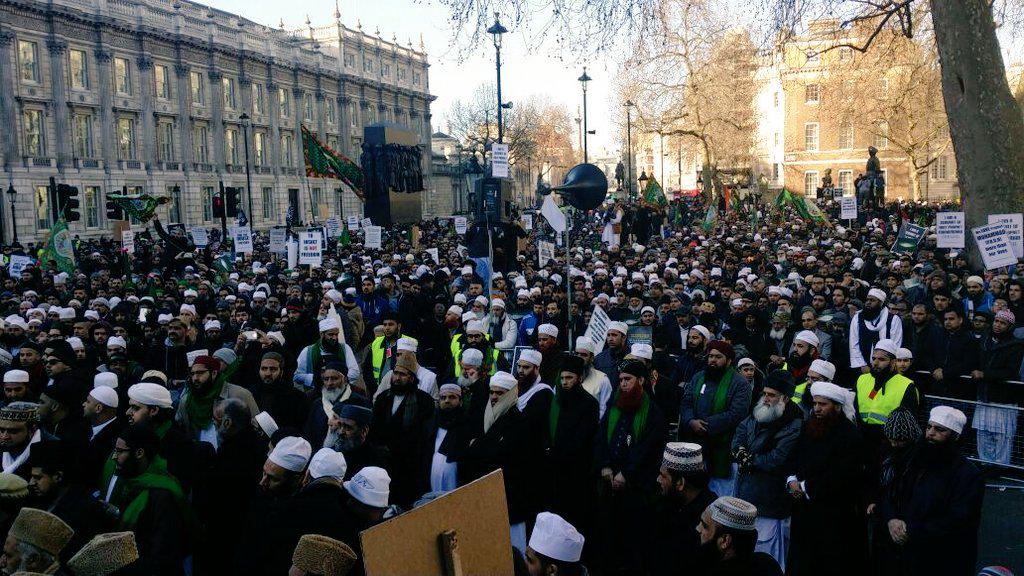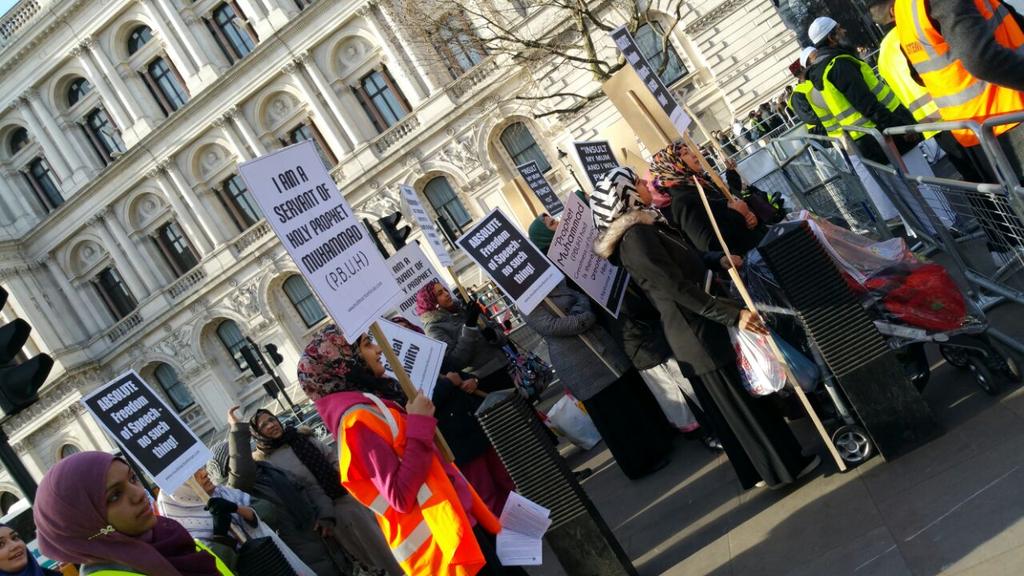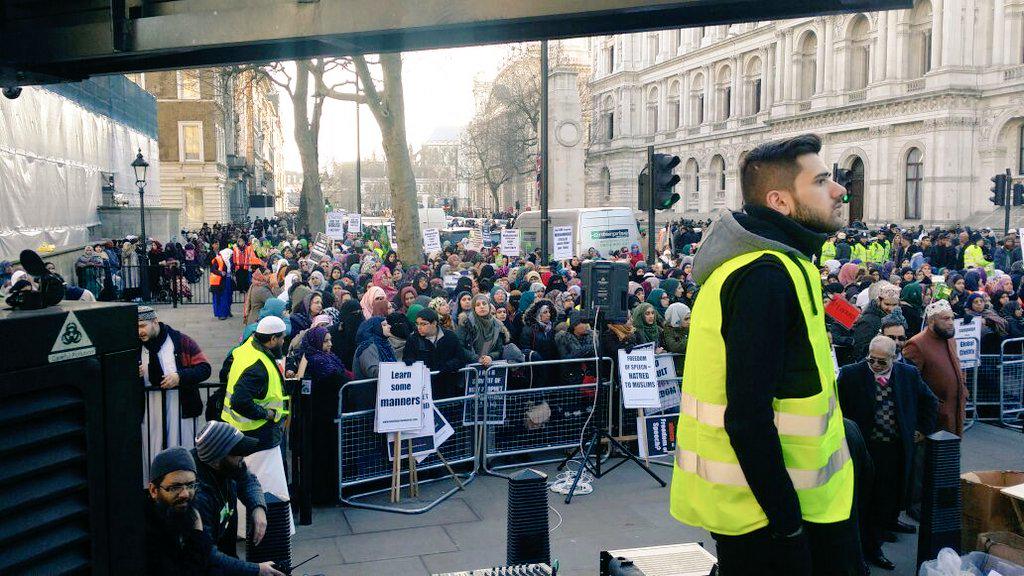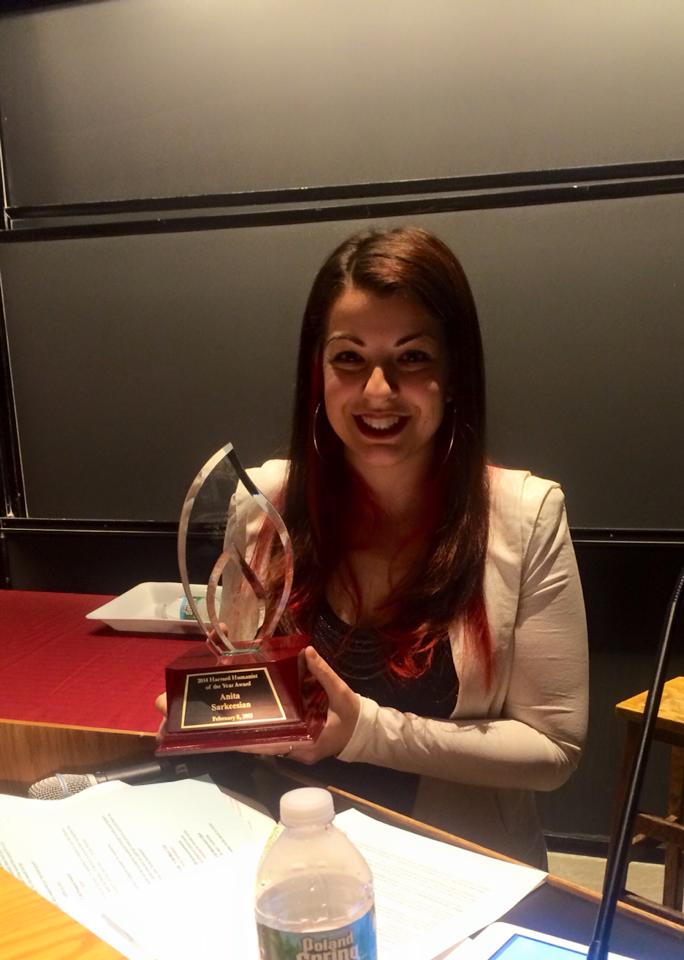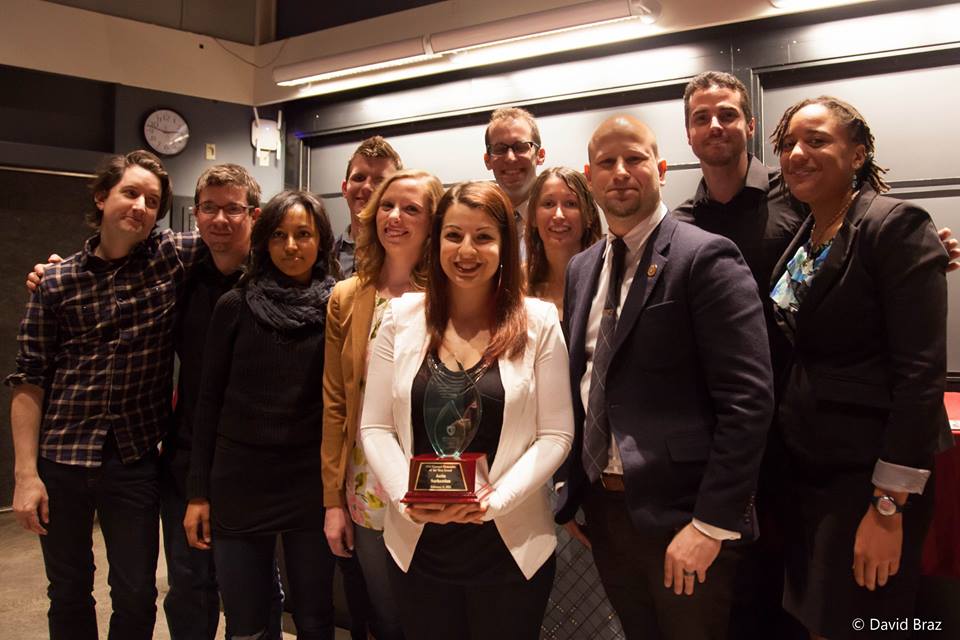Mayim Bialik, the anti-vax tv star, has a Facebook post saying she is not either anti-vax so stop being poopy to her.
i would like to dispel the rumors about my stance on vaccines. i am not anti-vaccine. my children are vaccinated. there has been so much hysteria and anger about this issue and i hope this clears things up as far as my part.
It’s not rumors. I’ve read interviews in which she explains why she’s anti-vax. Tara Smith at Science blogs has more:
So did she really change her mind and her stance?
If so, why? Or is she just jumping on the “I’m not anti-vaccine” bandwagon like Jenny McCarthy and others who claim not to be anti-vaccine, but at the same time spew vaccine fear and misinformation? Are her kids fully vaccinated, or did they only have the ones she mentioned previously (such as polio for international travel)? Is she walking back statements that are basically anti-vaccine talking points, and removing her support of anti-vaccine doctors like Bob Sears and Lauren Feder (or her own pediatrician, Jay Gordon)?
I really hope so. But I won’t hold my breath, and take her statements that she’s “not anti-vaccine” with a big grain of salt. After all, that statement, itself, is often an anti-vaccine talking point.
Bialik’s post doesn’t look like a change of mind at all. It looks like saying she’s not anti-vax and never has been, which is very different from saying she was and has now fortunately changed her mind.
And she has the gall to be miffed about what she calls “hysteria and anger.” Yeah gee why would anyone be angry that Hollywood celebrities use their fame to help promote an anti-vax stance that can help to trigger epidemics? Don’t forget, measles was eradicated in the US until the anti-vax bullshit got going.
Shame on you, Mayim Bialik.
(This is a syndicated post. Read the original at FreeThoughtBlogs.)




